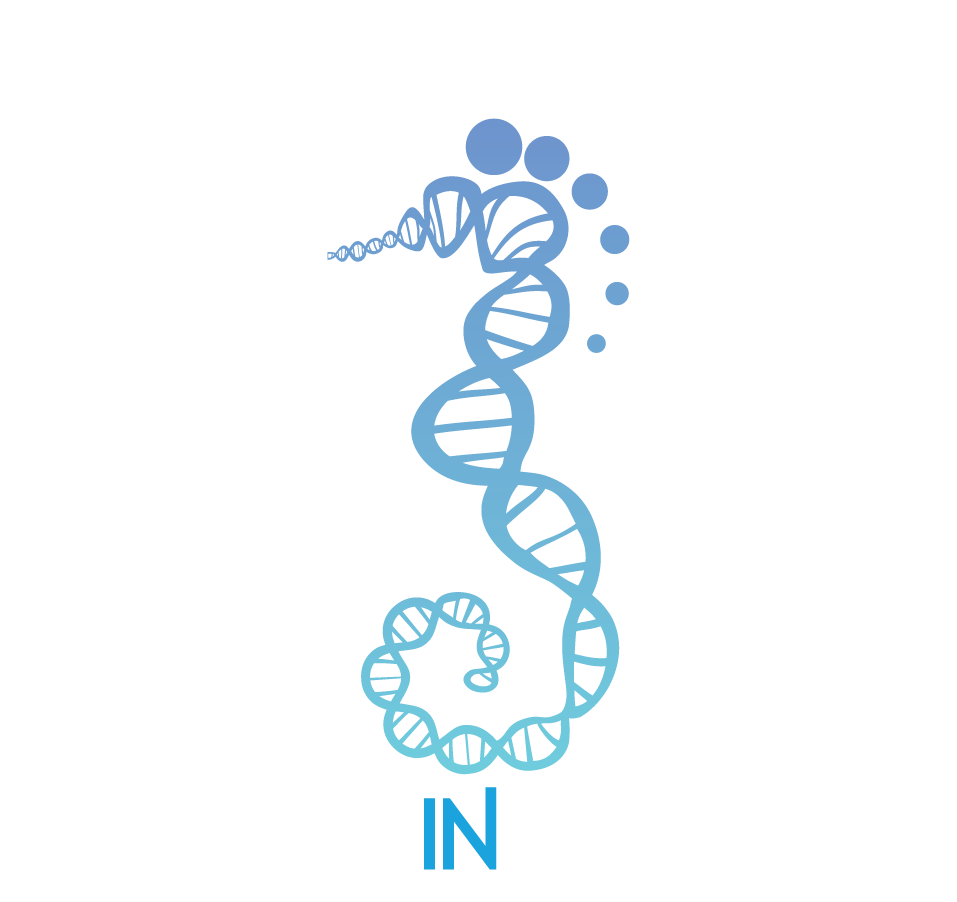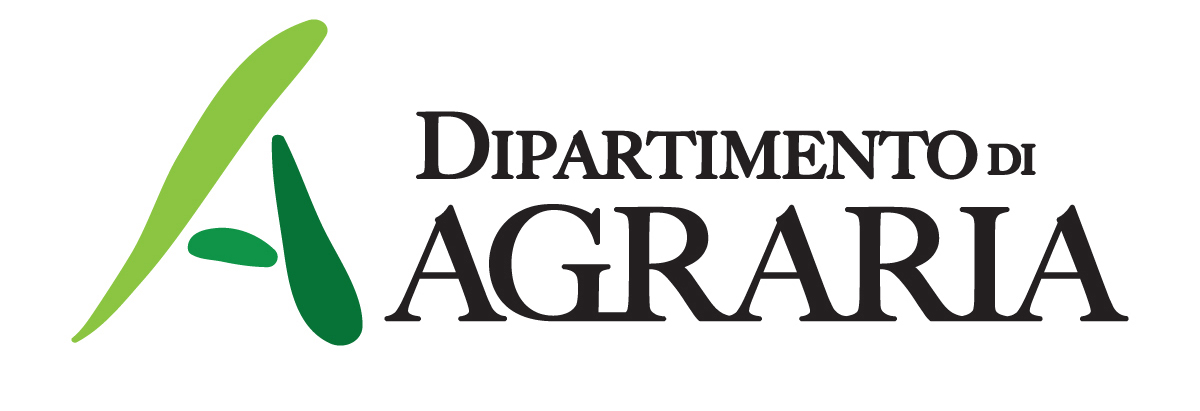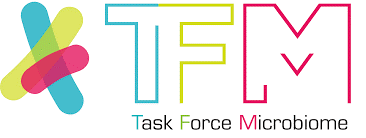Schedule
| Monday 03 February | |
| 9:00 – 9:15 | Registration |
| 9:15 – 9:30 | Institutional welcome addresses |
| 9:30 – 10:00 | Introduction to the course and participant elevator talks |
| 10:00 – 11:00 | Introduction to Metabarcoding and Metagenomics |
| 11:00 – 11:20 | Coffee break |
| 11:20 – 12:30 | Reference resources and sequencing platforms |
| 12:30 – 13:45 | Lunch @ Punch&Judy |
| 13:45 – 15:30 | Unix hands on exercises and file formats |
| 15:30 – 15:50 | Coffee break |
| 15:50 – 18:00 | Unix hands on exercises (continue) |
| 18:30 – 20:00 | Welcome cocktail @ SZN Fresco room |
|
Detailed contents Day 1 |
|
| Tuesday 04 February | |
| 9:00 – 10:30 | Overview of the metabarcoding approach |
| 10:30 – 10:50 | Coffee break |
| 10:50 – 12:30 | Basics on QIIME2, from data collection to taxonomic output (16S and 18S) |
| 12:30 – 13:45 | Lunch @ Punch&Judy |
| 13:45 – 16:00 | Advanced analyses on metabarcoding data: statistics and community composition analyses for ecological investigations with QIIME2 |
| 16:00 – 16:20 | Coffee break |
| 16:20 – 18:30 | QIIME2 hands-on exercises for alpha- and beta-diversity analyses |
| Detailed contents Day 2 Introduction to metabarcoding. In this session, students will learn about metabarcoding, with a brief coverage of its history and basic concepts, gene markers, reference databases and pipelines. The class will be focused primarily on the widely used QIIME2 pipeline, and will detail differences between different approaches (e.g. denoising vs. OTU-picking). Students will run commands for analyses of both 16S and 18S metabarcoding data, from importing and checking raw sequencing data to the inference of the taxonomic structure and diversity of the analysed assemblages. Core concepts introduced: metabarcoding, ecological analysis, marker genes, denoising, OTU-picking, alpha-diversity, beta-diversity, taxonomy. Trainers: Piredda, Tangherlini |
|
| Wednesday 05 – February | |
| 9:00 – 10:30 | Eukaryotic diversity using COI and other, non 18S-related, markers |
| 10:30 – 10:50 | Coffee break |
| 10:50 – 12:30 | Hands-on session on creating and utilizing custom reference datasets for metabarcoding |
| 12:30 – 13:45 | Lunch @ Punch&Judy |
| 13:45 – 16:00 | De novo shotgun data processing: from read assembly to genome binning |
| 16:00 – 16:20 | Coffee break |
| 16:20 – 18:30 | Data annotation and functional potential |
| Detailed contents Day 3 Metabarcoding with alternative marker genes. In this session, students will learn how to utilize non-standard marker genes in metabarcoding analyses. They will learn about strategies for the creation of custom reference databases for ad hoc analyses in eukaryotic metabarcoding analyses and for taxonomic inference (utilizing MEGAN and MALT). Core concepts introduced: eukaryotic diversity, custom database, marker genes. De novo shotgun data processing: from read assembly to genomic annotation. In this session, students will learn how to perform de novo shotgun sequence analysis to obtain relevant data about prokaryotic diversity from metagenomic data. In particular, they will perform metagenomic read assembly with MEGAHIT and genome binning with MetaBAT2. Genome bins will be screened using CheckM. High-quality bins will be kept and annotated with Prokka; annotated sequences will be further utilized to understand their potential function (using GraftM), possible production of secondary metabolites (with antiSMASH) and for further analyses. Core concepts introduced: prokaryotic diversity, genome annotation, functional annotation, metabolic potential. Trainers: Pasolli, Stanković, Stefanni, Tangherlini |
|
| Thursday 06 February | |
| 9:00 – 10:30 | Shotgun data processing: mapping-based approaches for taxonomic and functional profiling at species and strain level resolution |
| 10:30 – 10:50 | Coffee break |
| 10:50 – 12:30 | Shotgun data processing: mapping-based approaches for taxonomic and functional profiling at species and strain level resolution (continue) |
| 12:30 – 13:45 | Lunch @ Punch&Judy |
| 13:45 – 16:00 | Shotgun data processing: mapping-based approaches for taxonomic and functional profiling at species and strain level resolution (continue) |
| 16:00 – 16:20 | Coffee break |
| 16:20 – 18:30 | Shotgun data processing: mapping-based approaches for taxonomic and functional profiling at species and strain level resolution (continue) |
| 20:00 | Social dinner @ Umberto |
| Detailed contents Day 4 Reference-based data processing: mapping approaches for taxonomic and functional profiling at species and strain level resolution. In this session, students will learn how to perform mapping-based taxonomic (with MetaPhlAn) and functional (HUMAnN) profiling of metagenomic reads and the use of the curatedMetagenomicData package. Moreover, they will see how to perform strain-level analyses based on StrainPhlAn, PanPhlAn and PhyloPhlAn. Core concepts introduced: strain variation, reference data mapping, read mapping, functional profiling. Trainers: Valles-Colomer, Zolfo |
|
| Friday 07 February | |
| 9:00 – 10:30 | Keynote lecture by Duccio Cavalieri: “The microbiome, challenges and perspectives” Part I |
| 10:30 – 10:50 | Coffee break |
| 10:50 – 11:50 | Keynote lecture by Duccio Cavalieri: “The microbiome, challenges and perspectives” Part II |
| 11:50 – 12:30 | Brainstorming session, moderators: D. Cavalieri and M.L. Chiusano “Genus, species, strain: Metagenomics and the evolution of modern taxonomy” |
| 12:30 – 14:15 | Lunch @ Punch&Judy |
| 14:15 – 15:30 | Discussion with the students on course results |
| 15:30 – 16:30 | Final comments and concluding remarks |
|
Detailed contents Day 5 |
|






